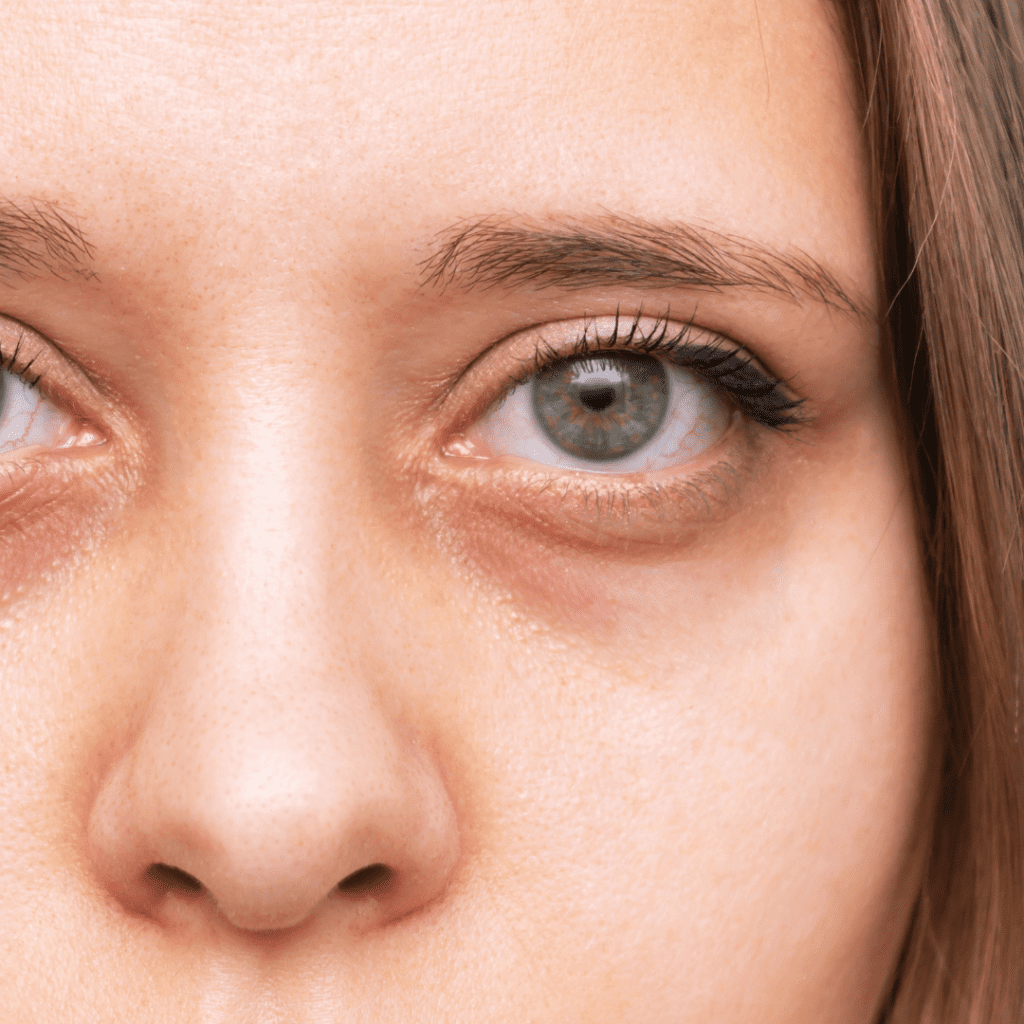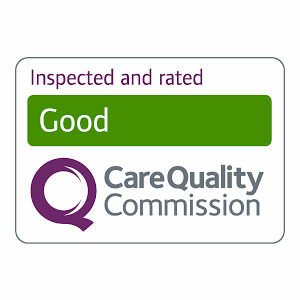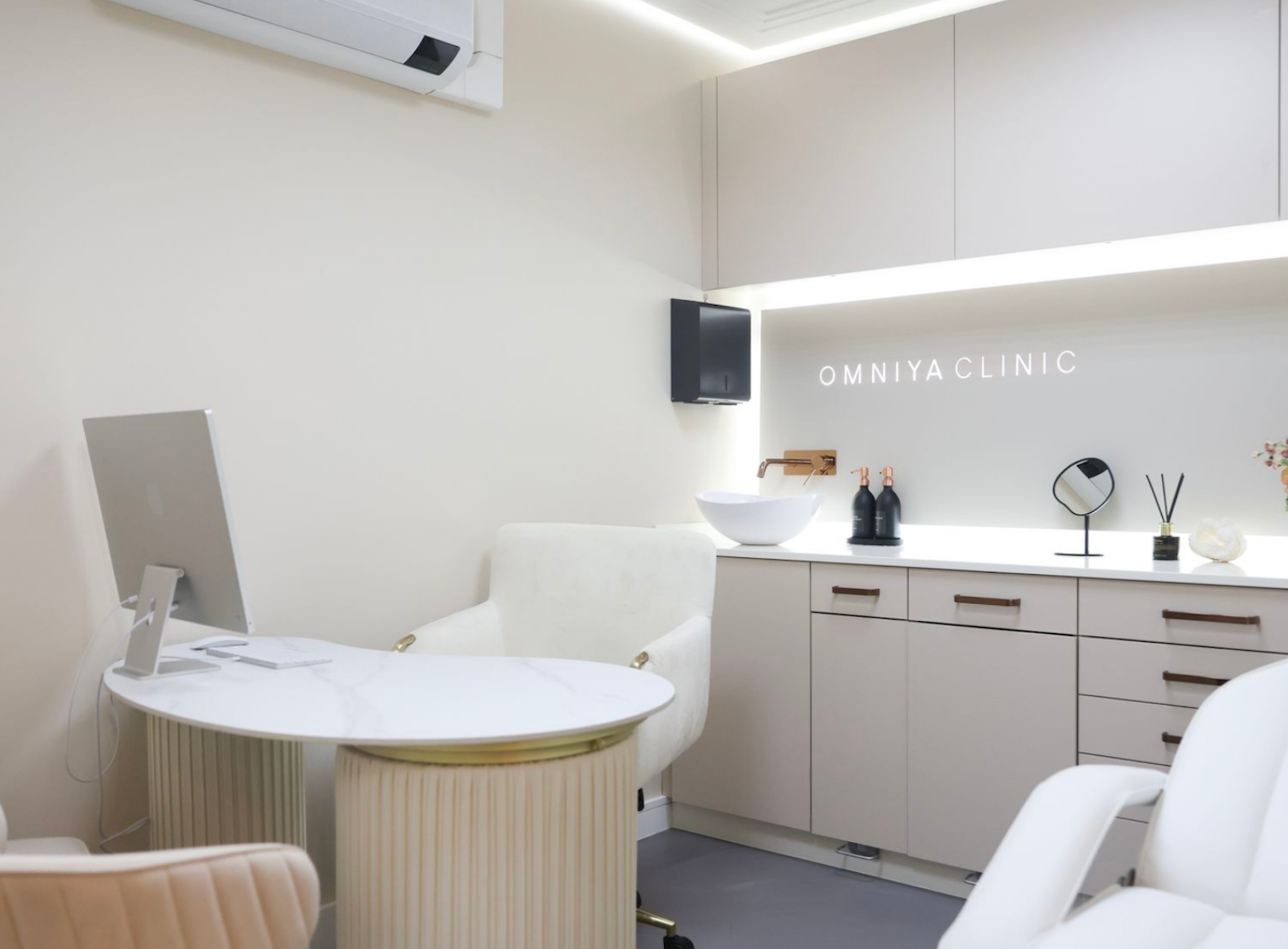What Are Polynucleotides?
28563 by Omniya Clinic
Dark circles around the eyes send signals to those around you about your lifestyle. Commonly associated with fatigue, late nights, stress… people make assumptions about you – but they’re not always true.
Dark circles around the eyes (also known as periorbital hyperpigmentation) are visible blood vessels. The skin directly beneath the eyelids is relatively thin, so when the blood vessels are swollen, damaged, or constricted, they show through more clearly.

Dark circles are caused by a fairly wide range of factors. Here’s some of the main offenders.
Poor sleep. Your eyes are delicate and sensitive organs, controlled by a large number of small muscles. These muscles require prolonged rest to recuperate and receive the necessary nourishment from your circulatory system.
When you don’t get enough sleep, the blood vessels around the eyes become dilated, as your body tries to keep your eyes working properly. These vessels then become more visible through the skin.
Poor sleep can also cause puffiness and swelling, adding the appearance of ‘bags’ under your eyes.
Age. Dark circles are likely to become more common as we age, due to the reduced amounts of collagen and fatty tissue under the skin. This allows the blood vessels beneath the skin to become more prominent.
Eyestrain. Eyestrain can be caused by prolonged exposure to bright light, or excessive use of screens. The results are similar to those caused by poor sleep – the blood vessels become dilated as they attempt to support the eye.
Dehydration. Dehydration causes all sorts of complications for the body – as you restrict the body’s access to water, the body prioritises major organs like your liver, your kidneys, and your brain. This means that the effects of dehydration can be felt in other areas of the body, such as the skin.
Dehydrated skin (particularly areas of thinner skin) can look noticeably sallow and drawn, which then makes the darker blood vessels beneath more visible.
Allergies. Allergic reactions release histamines, causing the blood vessels to dilate in affected areas, as well as causing inflammation in those areas.
Allergy sufferers also experience itchiness, which causes them to rub the affected areas, inflaming both the skin and the blood vessels underneath.
Sun damage. Overexposure to sunlight can create dark circles through two causes. Firstly, the eye can become strained as a result of the exposure. Secondly, the skin beneath the eye can become darker due to pigmentation changes brought about by the effects of the sun on the skin.
Genetics. Some people are more prone to dark circles than others, due to genetic factors. In people with a genetic disposition to dark circles, this can often be seen from childhood onwards.
Dark circles can also be an indicator of genetically inherited diseases such as thyroid disease.
Anemia. The lack of red blood cells caused by anemia can make the skin paler, which means the blood vessels beneath the skin are more visible.
Lifestyle choices. Dietary choices can contribute to the levels of hyperpigmentation in the skin around the eyes – salt and alcohol are both known to contribute to the constriction/dilation of the blood vessels, as does smoking.
As you can see from the long list of causes above, there could be lots of reasons for the dark circles under your eyes.
Some of the solutions you might try to alleviate your dark circles are obvious – get more quality sleep, eat a balanced diet, use sunscreen.
However, if these simple lifestyle measures aren’t enough to lift those shadows, then come in for a consultation with Omniya. We’ll examine you thoroughly, looking for the root causes of your periorbital hyperpigmentation. We’ll check you over, investigate any possible lifestyle issues, and recommend a treatment plan based on your physiology and your aesthetic requirements.













During your consultation, we will advise you on the best treatments and products to use at home.
*Available with participating practitioners



If you are an existing patient, we kindly request that you email your request through to hello@omniya.co.uk rather than filling out the contact form.
"*" indicates required fields